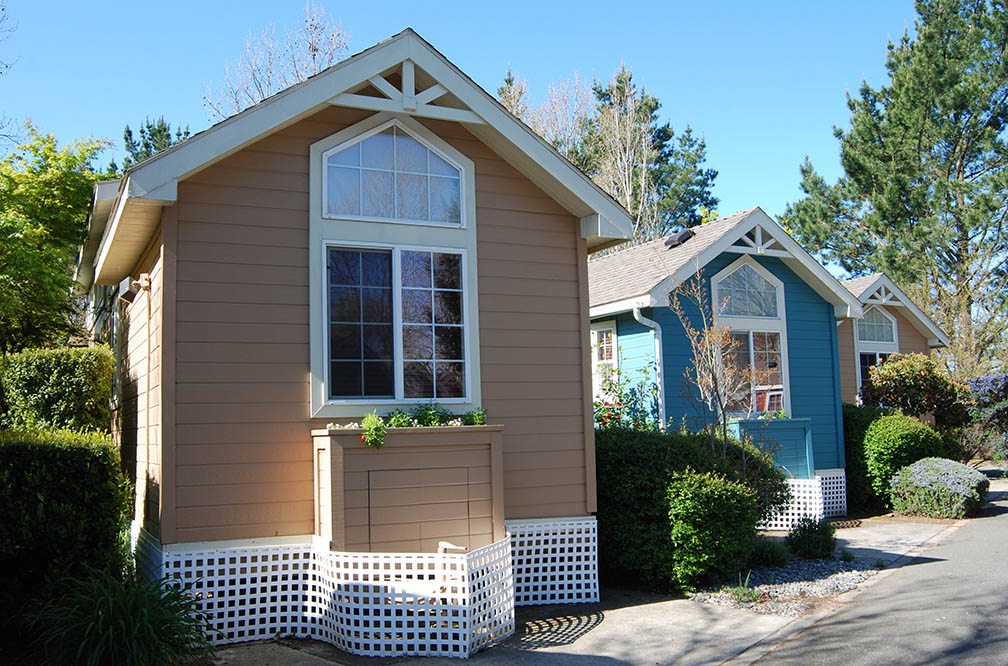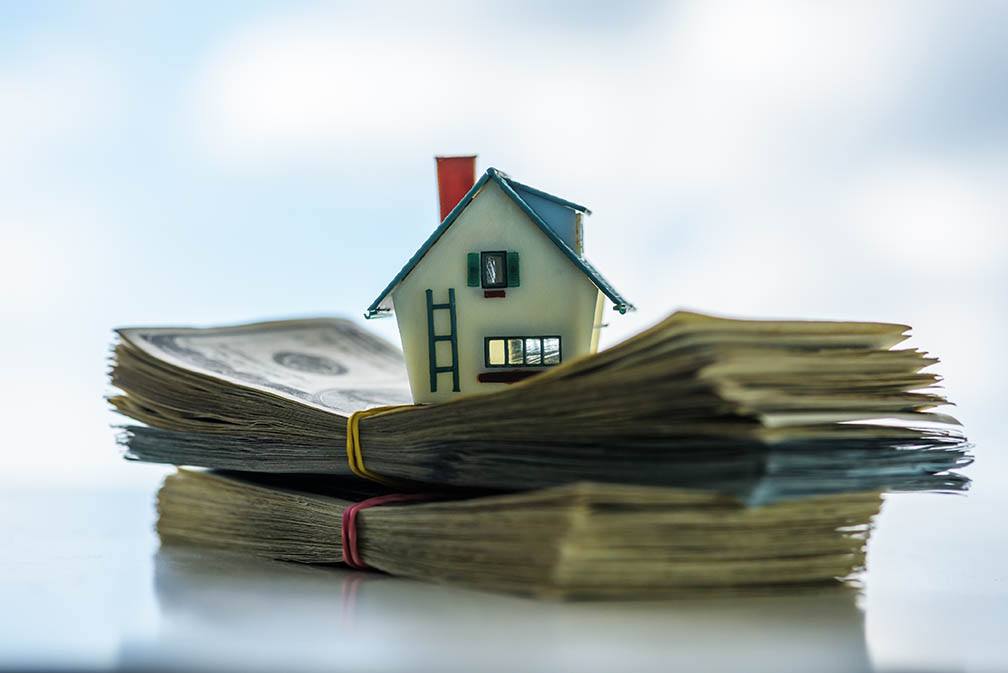 With the cost of a home on the rise and the concept of being sustainable becoming more popular, many people are considering moving to a smaller home to minimize their impact. It’s important, however, to consider what living small is really like before deciding that it’s the right move for you. If you’re curious about life on a smaller-scale, here are some things to contemplate beforehand.
With the cost of a home on the rise and the concept of being sustainable becoming more popular, many people are considering moving to a smaller home to minimize their impact. It’s important, however, to consider what living small is really like before deciding that it’s the right move for you. If you’re curious about life on a smaller-scale, here are some things to contemplate beforehand.
Getting Rid Of The Excess
It’s just a fact that a smaller amount of space means a smaller amount of stuff, but many people don’t realize this works two ways. While you won’t be able to accumulate the same amount of stuff in a smaller home, you also won’t have the luxury of being able to take everything from a larger house with you. It may not be a big deal for you to pack things away or discard the old, but if you’re the type of person who likes stuff, you may want to re-consider micro.
Will You Miss The Space?
Many homeowners spend a lot of time outdoors or even travelling for work, so the size of their home may not matter that much. However, if you’re the kind of homeowner who loves to nest and have their space, the idea of lounging around a small home may not be for you. A micro-sized space can minimize costs and be easier to decorate, but if you like being able to spread out and luxuriate in a variety of surroundings, something undersized can be quite limiting.
Forget The Home Maintenance
Whether you live on a massive estate or in a studio apartment, there are minor things that need to be done to keep your space clean and clutter free. When it comes to smaller living though, there will be a lot less to do, and this can greatly impact your free time. It’s great if you’re the kind of person who has plenty of hobbies to keep them busy, but if you like taking care of the yard and doing an assortment of home maintenance duties, it may be a struggle to own a property that needs less tending.
It’s never been more popular to go ‘micro’ when it comes to home ownership, but it’s important to make sure small living is right for you before taking the leap. If you’re currently on the market for a ‘micro’ home, contact your trusted morgage professional for lending information.

 According to the Case-Shiller National Home Price Index, February home prices grew at their fastest pace in three years. While home prices have steadily grown in recent months, growth rates slowed in many areas month-to-month; the escalation of home prices from January to February indicates stronger housing markets. National home prices increased by 0.20 percent in February to a seasonally-adjusted annual rate of 5.80 percent appreciation.
According to the Case-Shiller National Home Price Index, February home prices grew at their fastest pace in three years. While home prices have steadily grown in recent months, growth rates slowed in many areas month-to-month; the escalation of home prices from January to February indicates stronger housing markets. National home prices increased by 0.20 percent in February to a seasonally-adjusted annual rate of 5.80 percent appreciation. As a means of avoiding monthly mortgage payments, a reverse mortgage is a way for homeowners to tap into their equity in order to defer the payments on their home. While this can be a beneficial option for those who are older than 65, it’s important to be aware that – like any mortgage product – there are a number of associated fees. If a reverse mortgage is something you’re considering in the future, here are some of the costs you’ll be looking at.
As a means of avoiding monthly mortgage payments, a reverse mortgage is a way for homeowners to tap into their equity in order to defer the payments on their home. While this can be a beneficial option for those who are older than 65, it’s important to be aware that – like any mortgage product – there are a number of associated fees. If a reverse mortgage is something you’re considering in the future, here are some of the costs you’ll be looking at.